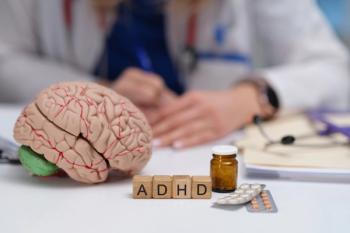
Atomoxetine reduces anxiety in children with ADHD
A recent review suggests that atomoxetine can reduce symptoms of anxiety in children and adolescents with ADHD.
Atomoxetine is an effective measure of improving anxiety symptoms in children and adolescents with attention-deficit hyperactivity disorder (ADHD), according to a recent review.
Atomoxetine is a nonstimulant medication which has been used to treat ADHD symptoms for the past 2 decades, but little evidence has been collected showing its effects on anxiety in individuals with ADHD. Investigators gathered clinical articles from PubMed, EMBASE, and PsycINFO which discussed the effectiveness of atomoxetine on ADHD symptoms.
A total of 4 studies were examined, all of which suggested a correlation between atomoxetine use and decreasing anxiety symptoms in pediatric patients with ADHD. As anxiety disorders are the most common disorders to see alongside ADHD, researchers noted that 2 of these studies specifically discussed a combined anxiety and ADHD disorder.
The study aimed to show the comparative effects of atomoxetine in patients with anxiety and ADHD disorders, examine how atomoxetine affected the severity of anxiety, and observe tolerability and side effects.
After seeing an improvement in anxiety symptoms because of atomoxetine use, researchers suggested further studies on the effectiveness of atomoxetine for treating anxiety in young patients with ADHD.
Reference
Khoodoruth MAS, Ouanes S, Khan YS. A systematic review of the use of atomoxetine for management of comorbid anxiety disorders in children and adolescents with attention-deficit hyperactivity disorder. Res Dev Disabil. 2022;128. doi:10.1016/j.ridd.2022.104275
Newsletter
Access practical, evidence-based guidance to support better care for our youngest patients. Join our email list for the latest clinical updates.






